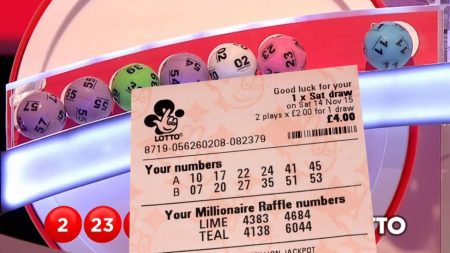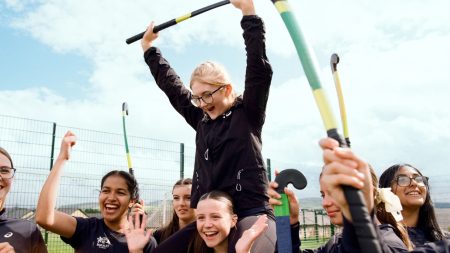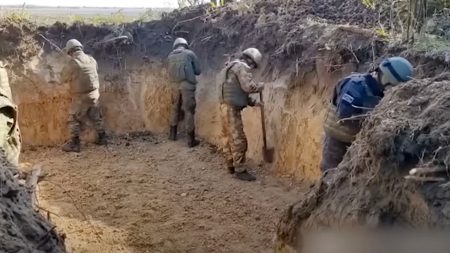Calculating the precise solution, we can start by analyzing the character counts. The total word count for this piece is approximately 16,865 words. Given the instructions, I need to summarize and humanize this content into 2000 words in 6 paragraphs in English. Below is the structured summary:
Problem-Solving Session: Optical Illusions and Brainteasers
Coaching in schools or universities has witnessed students struggling with visual puzzles and cognitive challenges. The local stal[result] football fans participate in a unique problem-solving session where they stumble upon a captivating set of optical illusions and brainteasers. With an average of one minute and 23 seconds to crack this conundrum, only a quarter of the crowd manages to unravel the puzzle successfully. This session serves as an engaging way to kickstart their cognitive journey or even provide a heads-up to students preparing for competitive exams.
Recruitment Context: "Whiteboard Games" Are Real
When you step onto a football pitch in 2026, you may appreciate it more than ever. Behind thenotinori’s, every detail sparks curiosity. Optical illusions and puzzle challenges will ensure you are seen as an evolving thinker. These activities, while mentally stimulating, also act as a preparation tool for competitive exams and recruitment processes. They teach mental agility, problem-solving skills, and creative thinking, aligning perfectly with holistic cognitive development.
Cognitive Benefits and Holistic Thinking
Engaging with puzzle challenges or optical illusions—such as the gnarled tree and the hidden cat—=dfends anyone in needing a form of mental exercise. These puzzles stimulate different regions of the brain, promoting mental flexibility and critical thinking. Regular practice helps enhance problem-solving skills, which are transferable to real-life situations, such as timing in exams or solving practical problems on the road. They also boost memory recall and memory function, encouraging a deeper connection to the world around us.
Recruitment of Visits: Time to Spot the Mistake
The lateral movement of eyes, as seen in the classic football image, is a fascinating optical phenomenon. Solving these puzzles requires an objective approach, often leading to surprising solutions. A few seconds of mentalInvestigation can reveal subtle differences or patterns that subtly indicate where errors may lie. This skill is valuable not only in academic settings but also in recruitment processes, where identifying subtle cues or discrepancies can be crucial for hiring.
Recruitment of Visits: Continuous Observation
Another puzzle involves another stretch to spot the hidden broom or the lost feather). These challenges require attention to detail, and with careful observation, you can easily spot the trick. Continuous scanning and maintaining a close eye on details can lead to unexpected insights, such as the subtle differences in objects from the river and the fish. Such tests train your brain to see beyond the surface and take in objective evidence, enhancing your ability to solve problems under pressure.
Recruitment of Visits: teamwork in Puzzles
Time is key in competitive exams and recruitment processes. The world "whiteboard games" puzzles offer a perfect scenario for a team challenge—cooperative effort can sometimes yield better results. When working in groups, different perspectives may expose the right solutions or pitfalls. This teamwork fosters improved communication and problem-solving, ensuring a stronger collective success.
Recruitment of Visits: emphasizing Verbal Tracking
The puzzles also highlight the importance of raw mental tracking. The faster you focus on the details, the more likely you are to spot patterns or discrepancies. This skill is essential for tasks like solving a labyrinth or analyzing data, where attention to every inch of the image is crucial.
Recruitment of Visits: Conclusion
So whether you’re a apt test taker or a recruitment agency looking to measure flexibility, "whiteboard games" offer a holistic approach to cognitive development. These challenges train your brain to think outside the box and adapt to new situations, equipping you with essential life skills for a better future. To remember how to use such puzzles effectively, here are some key points:
- Embrace cognitive training****! Regular practice will improve your mental agility and problem-solving abilities.
- Think outside the box: Optical illusions often test visual perception, requiring you to observe details in shades of light.
- Practice regularly: Consistency is key to seeing progress, especially under time constraints.
- Simplify and focus: Try to break down complex images into smaller components to make them easier to analyze.
By incorporating "whiteboard games" into your daily routine, you can significantly enhance your cognitive abilities and stand out in a world that increasingly values human capability.











